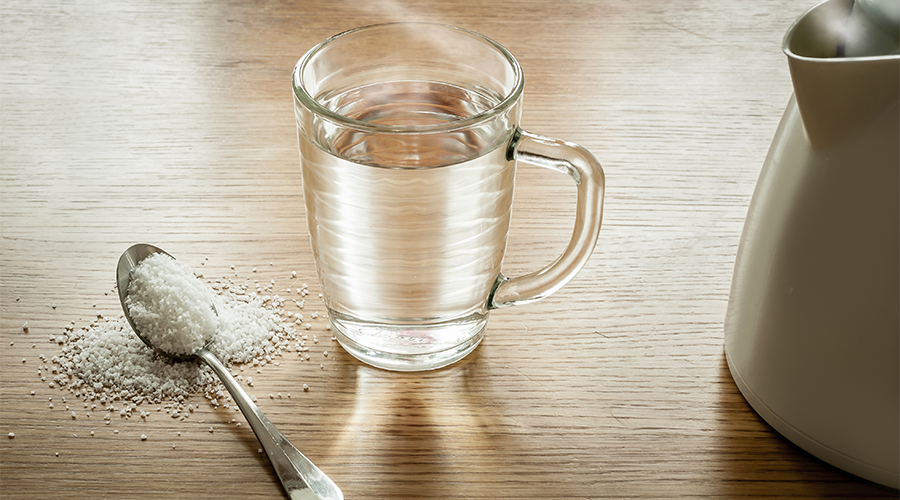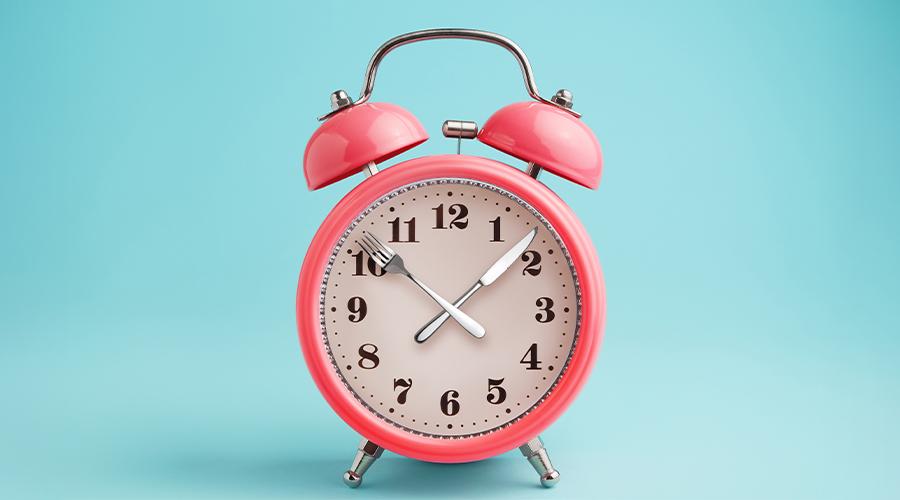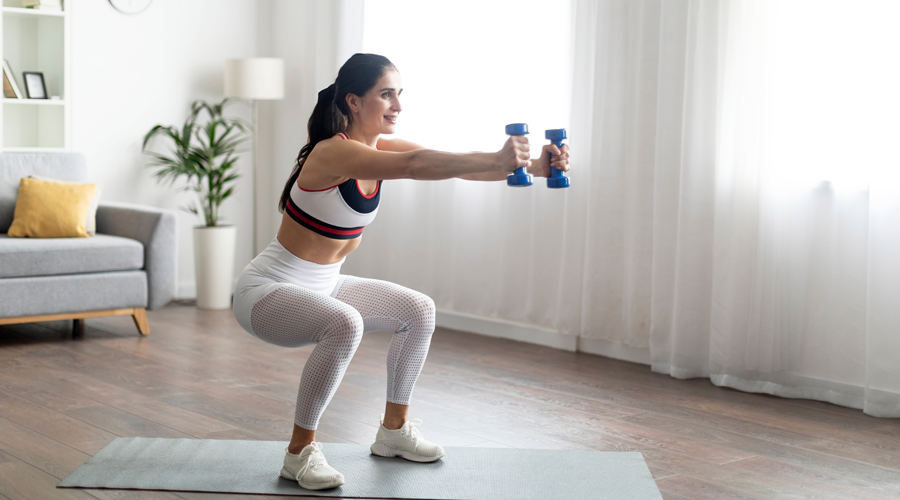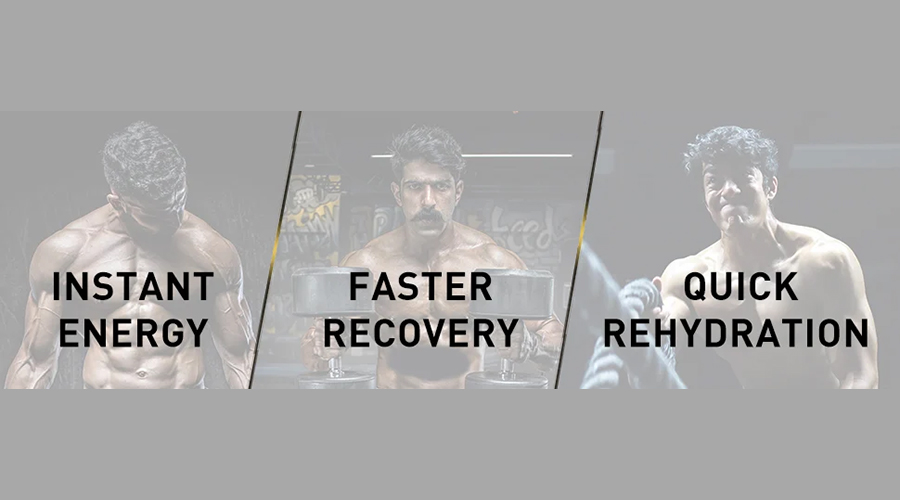Should You Be Eating More Salt in the Summer? The Truth About Sodium & Hydration
13 May 2025
Hello Ziddis! As the summer boy challenges and beach days starts, so does dehydration. We often blame salt for dehydration. But what is the real truth? How does salt impact our body’s hydration levels? Let us understand the real deal behind sodium intake in summer and hydration.
Sodium Intake in Summer: What Changes?
Talking about sodium is one of the important electrolytes in your body. It plays a crucial role in fluid balance, nerve transmission and muscle function. Ideally, our body is trained to maintain sodium levels, but the functioning of our body can wobble a bit during summer. As the season changes, our body also goes through significant shifts.
In summer, you sweat more, especially if you are active or when you work out. Your sweat contains sodium. so the more you sweat, the more sodium you lose. This does not just affect your salt levels but also your body’s hydration level, which can later cause muscle cramps, lethargy or even a feeling of dizziness or weakness.
So, yes, sodium intake in summer increase, but that does not mean you start eating salt or overly salting your food. You can replenish it smartly.
Salt Water Health Benefits: Hype or Helpful?
Some people swear by a glass of salt water in the morning. This is a harmless trend if done right, but one should try to understand what it actually does. Salt water contains sodium, which supports rehydration after sweating, but here’s the catch: too much salt can dehydrate you more. Salt pulls water out of your cells, which makes things worse. So the key is balance. If you engage in high-intensity workouts or physical activities, a pinch of salt and a squeeze of lemon in your water could be your new daily ritual to replenish your sodium levels and keep you hydrated.
Summer Dehydration Prevention: Know the Signs
Dehydration starts a long time before it actually shows symptoms. By the time you start ti feel thirsty, your body is already running low on fluids. If you combine that with reduced levels of sodium, too, you would experience:
- Headaches
- Muscle cramps
- Fatigue
- Dizziness
- Nausea
- Confusion
- Mind fog
Sweating in summer is inevitable, so you must keep replenishing your sodium levels and stay hydrated. Dehydration is way more severe than just feeling parched. It strips you of key minerals like sodium, chloride and potassium. That is why hydration drinks that include electrolytes are a better choice than plain water alone in summer season.

Electrolyte Balance in Summer
You can replenish your electrolyte levels naturally or by using store-bought electrolytes. Here is how you achieve the electrolyte balance this summer:
- Drink electrolyte-infused beverages- Look for low-sugar options with a good mix of sodium and potassium.
- Eat naturally sodium-rich food like salted nuts, homemade soups, buttermilk with a pinch of rock salt Drink coconut water
- Have plenty of fruit juices of citrus fruits
- Don’t skip salt entirely, even if you are on a low-sodium diet.
- Consider rock salt or Himalayan pink salt instead of table salt.
Myth-Busting: More Salt is Not Always Better
At the end, we would like to bust the myth that more salt is not always better. Not everyone needs more salt, even if it is summer.
- People with high blood pressure, heart or kidney issues still need to limit their sodium intake
- Overconsumption of salt can lead to bloating, water retention, and, in the long run, more serious cardiovascular issues.
In a typical Indian household, food often carries enough sodium from the pickles, papads, curries and chutneys. The trick is to match your lifestyle to your salt intake. If you sweat, you replenish your electrolytes.
Read Also: Summer Hydration Tips: How to Stay Cool and Energized in the Heat
Takeaway: Should You Be Eating More Salt in the Summer?
Here’s the real deal. Salt in the right amount is your new bestie, especially in the summer. But more is not always better. Listen to your body, hydrate smartly and choose natural sources for electrolyte replenishment whenever possible. Creatine retains water for your muscles, so that is something to watch out for. Your sweat does not need to get in the way of you and your workouts, so you can also add some electrolytes to your post workout supplement to help you replenish your electrolyte and sodium levels before you crash out of dehydration.
Stay cool, stay salty (but just enough), and don’t let summer dehydrate your fitness goals, Ziddis!









 100% Safe & Secure payments:
100% Safe & Secure payments:




